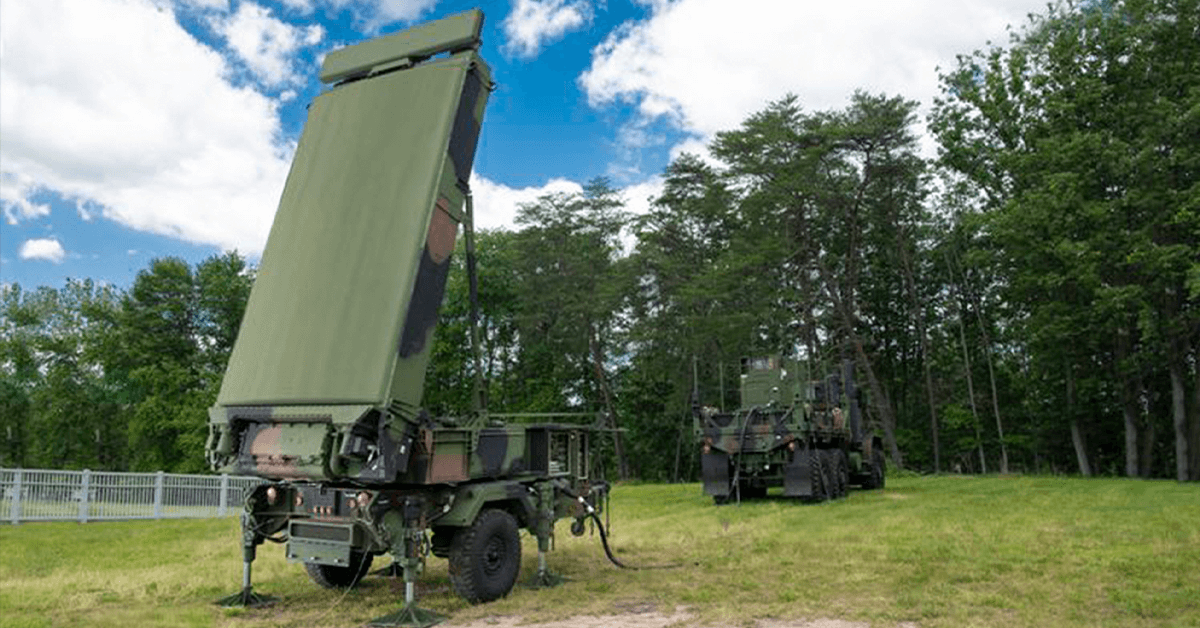
Potomac Officers Club hosted its Artificial Intelligence (AI) Just Beyond Tomorrow Virtual Event on May 28th featuring Dr. PW Singer, author of Burn-In: A Novel of the Real Robotic Revolution, as the keynote speaker.
Anthony Robbins, vice president of federal business with NVIDIA, served as the event’s moderator during the post-keynote Q&A. Robbins also introduced Singer and noted his deep experience and knowledge of artificial intelligence, government and international affairs before Singer took the stage for his keynote address.
Singer’s address began with his explanation of how warfare has developed and shifted as new technology is introduced into the federal market. He noted how technology has evolved since innovators began developing automated machines in 2008.
“What has happened since 2008 is that we conceive and talk about automation differently. We used to think of new technology as what it was not, or what it replaced, rather than what it was. Instead of ‘unmanned’ it became ‘robot’ which allows you to think of fundamentally different offerings,” he stated.
Singer stated that as these solutions develop, the greater changes will be made in software, not hardware. He claims that technology has become more intelligent and autonomous. For instance in the defense sector, the U.S. Navy is integrating software into its aircrafts, including mission sets, take off and landing and will eventually enact strikes.
In addition, Singer discussed how similar systems are affecting civilians and industry. He noted that both John Deere and McDonalds have purchased AI companies to prepare for the future of business. Also, he mentioned the impact that COVID-19 has had on AI and robotic technology:
“AI was in progress before the COVID-19 pandemic hit. Since the virus, the telemedicine field has recently reached where it was projected to be in 10 years. Robotics have helped with policing curfews and even delivering groceries in the D.C. area. There is absolutely no way that, once we get through the pandemic, we will go back to the way we were before,” Singer said.
As the world moves toward the future of automation and robotics, Singer posed the question of what the impact of automation will be on the economy and in turn, everything that draws from the economy, including politics, family life and the job market.
Singer shared that he has gathered reports on the effects of job automation across all sectors to develop a database to determine the spread. His research stated that job displacement would range anywhere from 9 percent to 47 percent.
“This will be an industrial revolution of a different kind. It will take on more and more of the workers tasks as it continues to learn,” Singer added.
He noted that another challenge of the revolution will be managing the ethics, morality and law surrounding the implementation of new technology. The world will face new issues that haven’t been met before, and there are two current breakdowns regarding those challenges towards machine permissibility and accountability.
What should independent machines be allowed to do on their own, and who will be responsible for the machine’s mistakes if something goes wrong? The line of logic also asks who will own the machine itself and who will directly profit from its success.
Singer noted that many of the mistakes made in the development of the internet are recurring as the world enhances automation. He stated that instead of stealing credit card information, the attacks through automation will change the “setting of the world,” from changing its registry of sensor data to attacking chemicals in critical infrastructure.
Burn-in is, in its definition, when someone deliberately pushes a technology to try to learn from it. In Singer’s novel, he tried to provide a mixture between fact and fiction. In the book, there are over 300 predictions and estimations from the real world, noting that one of the macro issues of AI is that it has been given bad data to give biased recommendations.
“No one is going to say, ‘man that was such a good powerpoint you should read it on your next vacation,’ but hopefully they will say that about this novel and by the end of it, you are entertained, but walk away with an understanding of automation and hopefully reach more people.”
Next week, Potomac Officers Club will host its 2020 Procurement Virtual Forum on Tuesday, June 9th. The event will feature Soraya Correa of the Department of Homeland Security (DHS), Julie Dunne of the General Services Administration (GSA) as well as Kim Herrington of the Department of Defense (DoD).
Join POC for its 2020 Procurement Forum to discuss the latest updates on 2020’s budget and procurement priorities, short and long term strategy as well as modernization efforts and industry collaboration. Don’t miss the 2020 Procurement Forum on Tuesday, June 9th.






